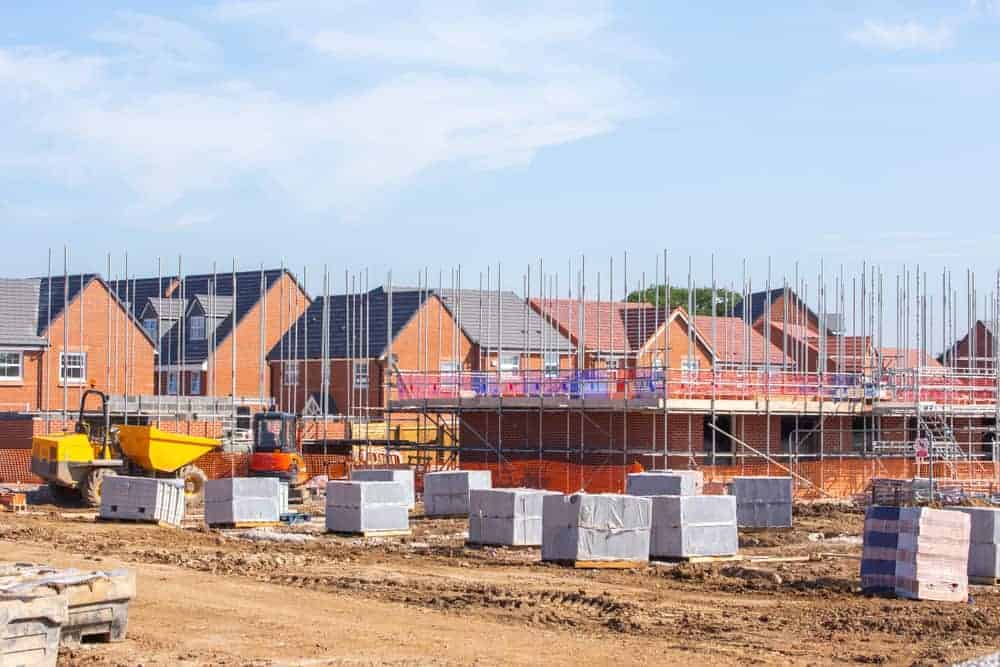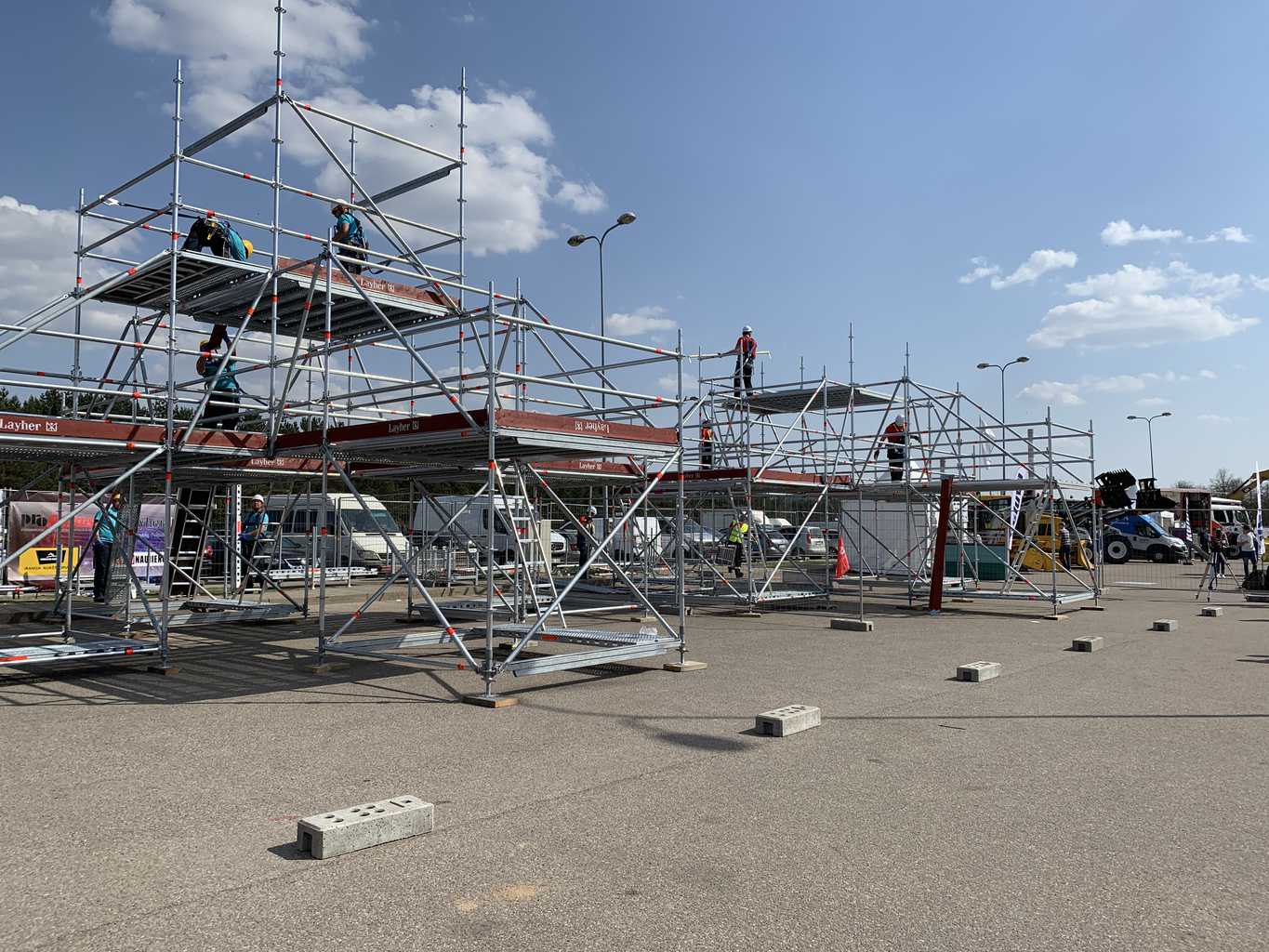Workloads for small and medium-sized (SME) construction firms have taken a dip for the first time in six years, according to the latest research from the Federation of Master Builders (FMB).
The FMB’s State of Trade Survey for Q1 2019 shows that the array of problems for small, local builders have taken their toll and have now put the sector in negative territory.
Overall SME workloads declined for the first time in six years as more respondents stated lower workloads (29%) compared with the final three months of 2018 (13%). However, expectations for the future have strengthened with 41% of construction SMEs forecasting higher workloads over the coming three months, up from 33% in Q4 2018.
With the slowdown, skills shortages eased slightly among some occupations, most likely due to less competition for workers because of lower workloads. Bricklayers were once again the trade in most short supply with 64% of firms having difficulties hiring them.
FMB research also found a record-breaking 88% of builders anticipate that material prices will rise further in the next six months. And almost three-quarters (71%) of construction SMEs expect wages and salaries to increase over the next six months, up from 66% in the previous quarter.
Brian Berry, Chief Executive of the FMB, said: “This dip follows three years of political uncertainty, which have taken their toll on the SME construction sector. We knew anecdotally that the first three months of this year had been less busy for many of our members and our latest research confirm this. A perfect storm of diminished consumer confidence, rising material prices and increases in wages and salaries has resulted in the construction SME sector detracting for the first time in six years.
These results are also very much in line with recent stats from the ONS and PMI data, all of which point to a wobble in the construction industry. Consumers and businesses alike are understandably putting off large investment decisions while the never-ending Brexit negotiations rumble on.”
Berry continued: “Interestingly, skills shortages in the first three months of this year have lessened slightly. This is the silver lining to reduced workloads in some parts of the sector – as workloads have declined, there has been less competition for tradespeople for those firms with lots of projects underway. However, what is less positive is that almost three-quarters of small building firms expect wages and salaries to increase over the next six months. Worse still, our latest research reveals record-breaking results for expected material price rises with almost 90 per cent of firms predicting that they will increase further in the coming months. This is bad news for builders and consumers alike as construction projects, large and small, become more expensive to deliver.”
Berry concluded: “The Government must do what it can to boost the economy during this time of political uncertainty and that’s why we’re calling for a reduction in VAT from 20 per cent to 5 per cent on all housing repair, maintenance and improvement (RM&I) work. Reducing VAT on RM&I work could boost the UK economy by more than £15bn over a five-year period, according to independent research by Experian. This reduction in VAT could also create more than 95,000 jobs and save 240,000 tonnes of carbon dioxide from thousands of homes. Such a VAT reduction has the backing of more than 60 charities, trade associations, business groups and financial firms as there is no other policy that would achieve so many of the Government’s economic, environmental and social aims with so little cost to the public purse. At a time of continued political uncertainty and a dip in construction output, a VAT reduction for RM&I is exactly what the UK economy is crying out for.”


